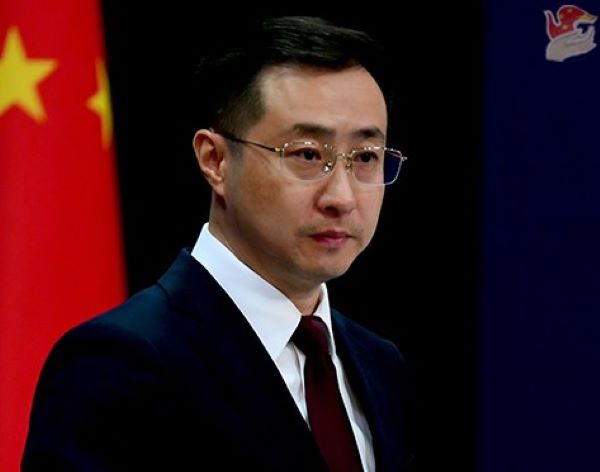BEIJING: Rival Palestinian groups Hamas and Fatah have expressed the will to seek reconciliation through dialogue at unity talks in Beijing, China’s foreign ministry said on Tuesday.
The two factions have failed to heal political disputes since Hamas fighters expelled Fatah from the Gaza Strip in a short war in 2007, and their talks took place against the backdrop of Israel’s war on Hamas in Gaza.
“The Palestinian National Liberation Movement and Islamic Resistance Group representatives arrived in Beijing a few days ago for in-depth and candid dialogue,” Chinese foreign ministry spokesperson Lin Jian told a regular briefing. “They agreed to continue the course of talks to achieve the realisation of Palestinian solidarity and unity at an early date.”
Lin said both sides had thanked Beijing for its efforts to “promote Palestinian internal unity and reached an agreement on further dialogue”.
Israel is waiting for Hamas to respond to proposals for a halt to the fighting in Gaza and a return of Israeli hostages before sending a team to Cairo to continue talks, a person close to Prime Minister Benjamin Netanyahu said on Tuesday.
The United States welcomes any Chinese efforts that lead to stability and security in the region or secure the deal to free hostages, White House national security spokesman John Kirby said.
“If that’s the outcome – that China is able to help convince Hamas to accept this deal, get those hostages home, then of course, that would be all to the good,” he said.
Kirby told reporters he was not aware that the United States had been in communication with China about its talks with Palestinian groups.
(REUTERS)
In a career spanning three decades and counting, Ramananda (Ram to his friends) has been the foreign editor of The Telegraph, Outlook Magazine and the New Indian Express. He helped set up rediff.com’s editorial operations in San Jose and New York, helmed sify.com, and was the founder editor of India.com.
His work has featured in national and international publications like the Al Jazeera Centre for Studies, Global Times and Ashahi Shimbun. But his one constant over all these years, he says, has been the attempt to understand rising India’s place in the world.
He can rustle up a mean salad, his oil-less pepper chicken is to die for, and all it takes is some beer and rhythm and blues to rock his soul.
Talk to him about foreign and strategic affairs, media, South Asia, China, and of course India.





